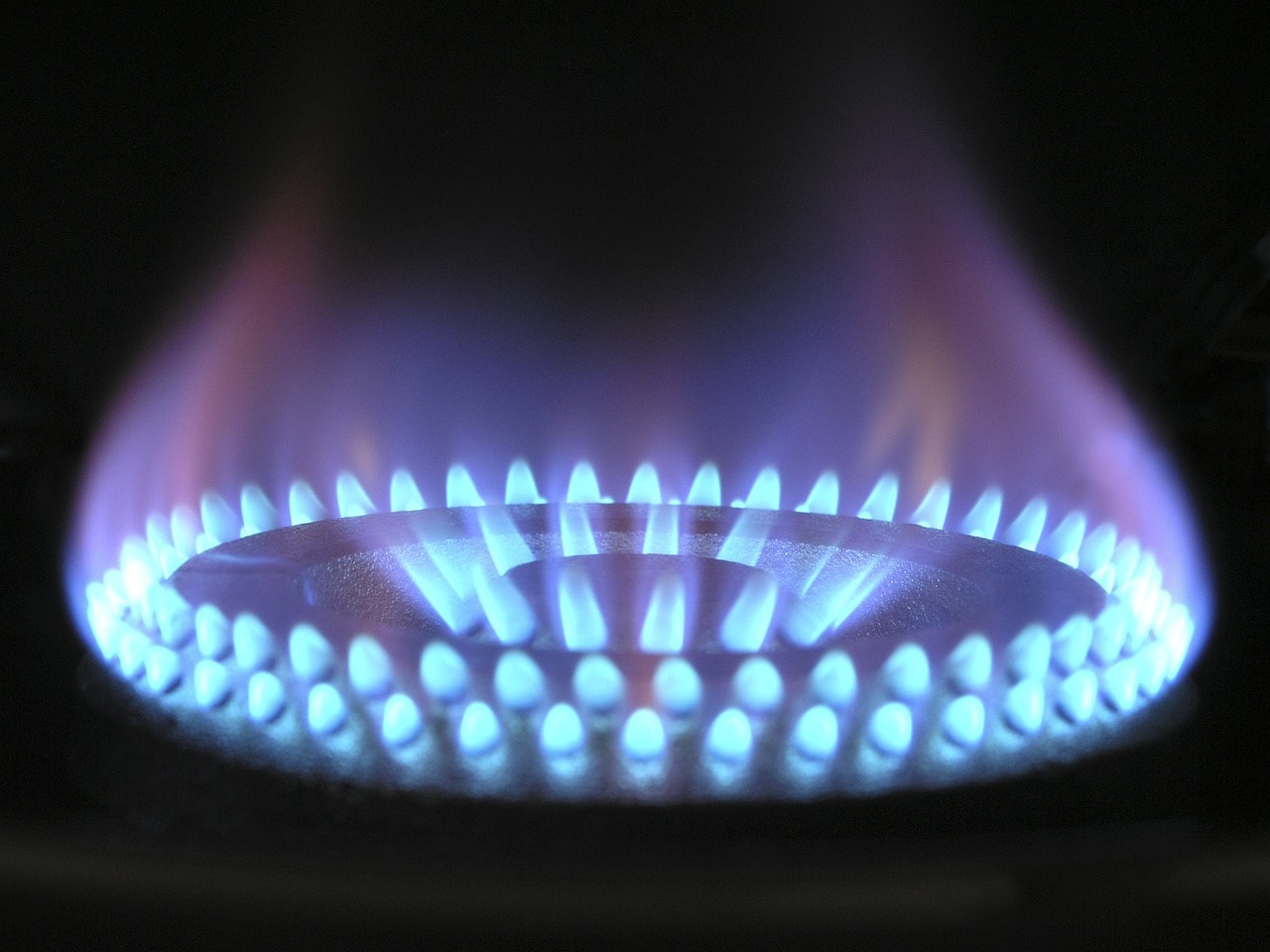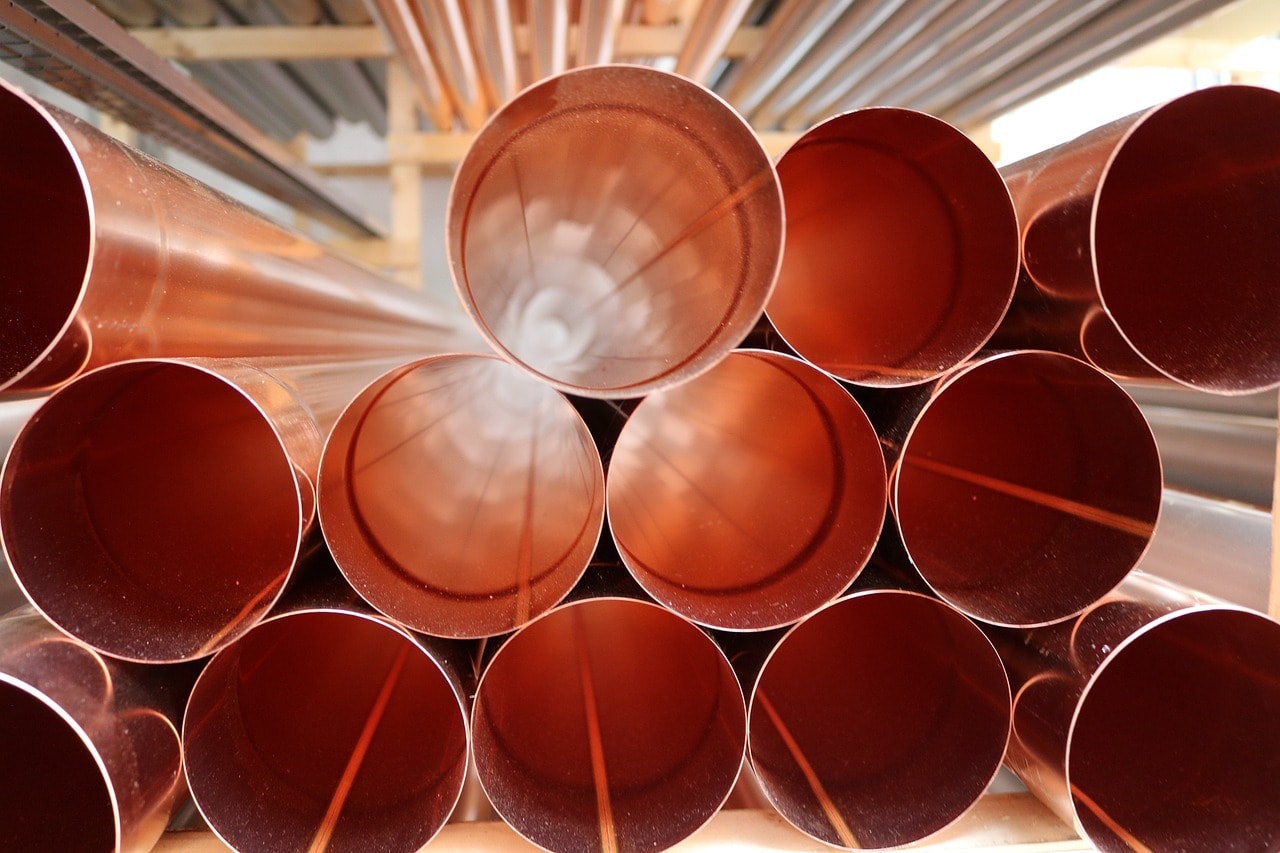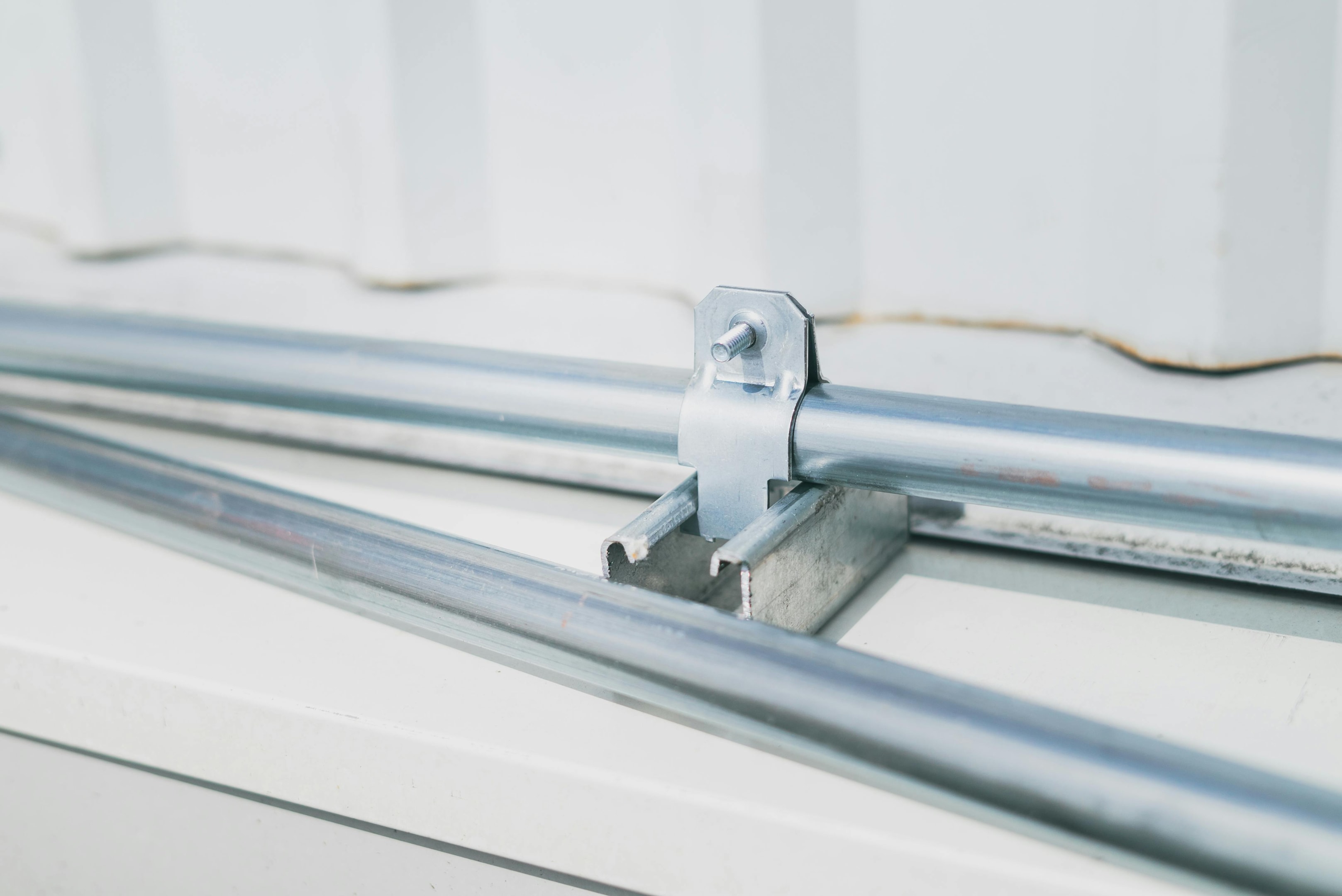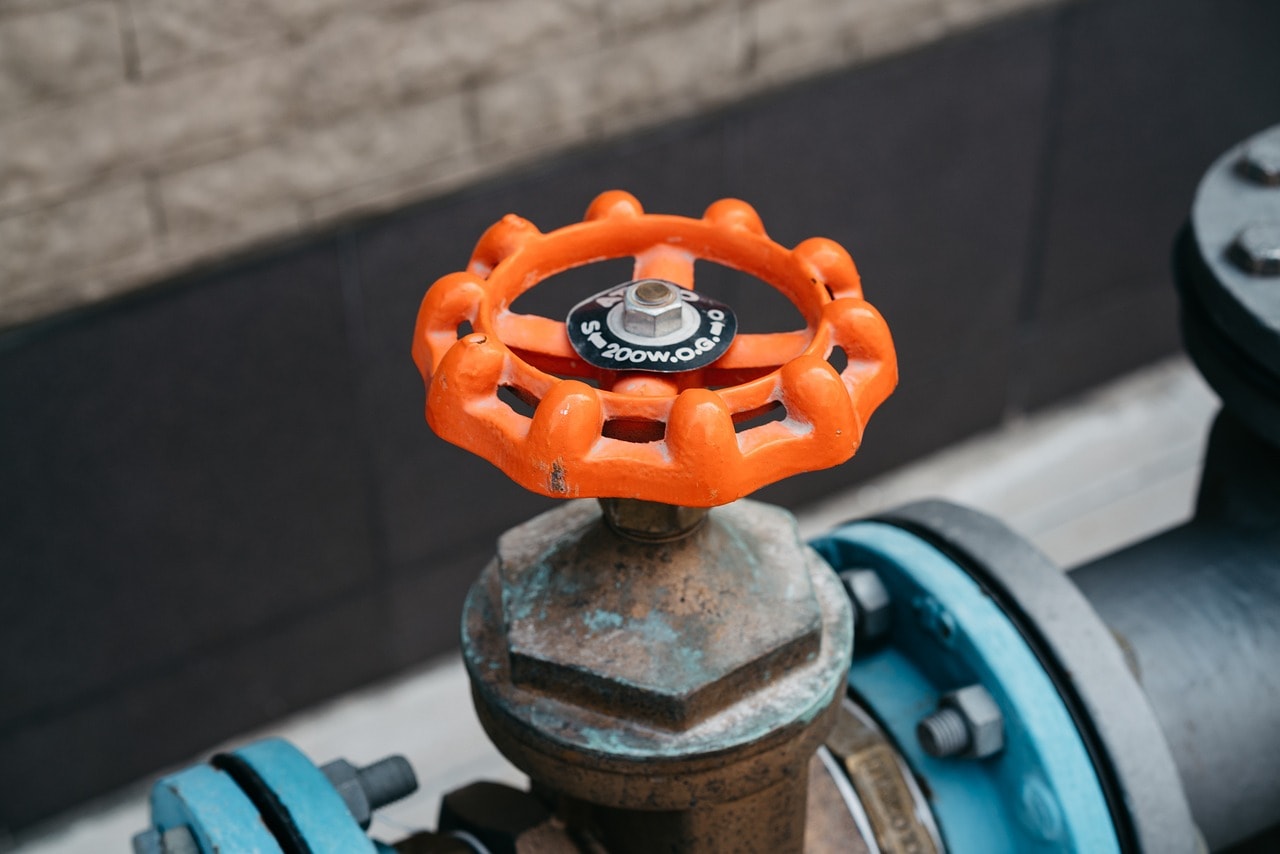Most of my neighbors and customers looking for gas pipe repair and installations don’t realize that plumbers provide those services.
In fact, the proper designation for a certified plumber in this region of the country is Master Gas Fitter and Plumber.
There’s a wide range of work in our industry related to natural gas and liquid propane.
In this blog post, I’ll discuss the different pipe materials related to this part of our industry, as well as the appliances they serve.
Fall Brings Appliance sales
Every fall, our newspapers are full of sales ads for appliances. This, along with the wonderful weather, gets the creative juices flowing and the home improvements begin.
That’s when our customers inundate us with requests for assistance with the following projects:
- Range conversions from electric to gas
- Backyard grill conversions from LP to natural gas
- Water Heater repair and installation
- Pool heater installation
- Fireplace inserts and gas logs
- Furnace gas leaks
None of these should be installed by the novice plumber.
Because of the inherent danger of natural gas and liquid propane, plumbers are specially trained in the sizing, installation and repair of gas piping.
It’s not enough to know how to do it. You have to know why it’s done that way. For gas line services and repairs, shop services amongst master plumbers only.
If you don’t you may run across plumbing repairs that demand a judgement call. Leave it to the professionals at Advocate Master Plumbing.
Your family’s safety may depend on it.

Types of Gas Lines
There are three main types of gas piping that the average home owner will come across.
- Black Iron Gas Pipe
- Copper
- Corrugated Stainless Steel Tubing (CSST)
- Polyethylene (PE) Gas Piping

Black Iron Gas Pipe
First there’s Black iron gas piping. It can be seen in all older homes. It’s the primary gas piping serving your home. It will be black iron from the gas meter to your furnace and water heaters. If you’re installing gas lines today, you won’t see black iron gas pipes in use.
Copper
Then there’s copper gas piping. It is seen in many of these same older homes, but usually it’s only a branch line supplying a water heater or fireplace, because copper gas lines are more flexible.

Corrugated Stainless Steel Tubing (CSST)
Next there’s corrugated stainless steel tubing or CSST. This is a newer type of piping used in new home construction and remodels. Its flexibility and ease of installation has made it a favorite of home builders and plumbers when making gas pipe repair and gas line installation.
You probably have some in your home in the shape of a flexible gas connector for your gas range, gas water heater or furnace.
When running this piping for remodel projects, it’s important to install the electrically grounded type, as lightning strikes can create leaks.

Polyethylene (PE) Gas Piping
Lastly there’s polyethylene gas piping. You’ll probably not see this pipe, as it’s used almost exclusively in natural gas underground services.
Natural Gas VS Propane
If you live in the city you probably have natural gas. If you live in the country you probably have propane. The reason for this is infrastructure.
Your local government hasn’t installed any natural gas service mains in your area.
For this reason, you have to have the most readily available gas that can be economically stored.
Propane is, like natural gas, odorless and colorless. An agent is added to allow us to smell it. This is for safety purposes. If too much is allowed to build up from a blown out appliance pilot light it could explode.
Many plumbers prefer not to work with propane because it is more dangerous than natural gas. This is because, unlike natural gas, it is heavier than air.
If a leak occurs, it will pool up like undetectable water. Once it reaches a flame, such as a water heater pilot light, it will explode. And because it’s been allowed to build up so much the explosion will be spectacular.
Natural gas, on the other hand, is lighter than air. Most leaks are undetected because it will float and dissipate into the atmosphere.
But if it’s in a confined space such as a floor joist, it can build up. If you’re working in this space it would be easy to ignite it. But you’d probably smell it. The agent added to natural gas will be almost overwhelming before it reaches the necessary concentration for ignition.

Signs of a Natural Gas Leak
Natural gas leaks are incredibly dangerous, so it’s important to familiarize yourself with the signs and symptoms.
Rotten egg smell, hissing sounds, dying house plants, higher than normal gas usage, symptoms of gas poisoning, or hissing sounds.
Symptoms of gas poisoning include ears ringing, reduced appetite, chest pain, nosebleeds, chest pains, dizziness, breathing difficulties, and blistering or pale skin.
If you suspect a gas leak in your home or workplace, leave the area immediately and call your local gas company. They will do a gas leak detection, probably cut off your gas, and recommend you call for plumbing services. After your family is safe, call a highly trained and reliable plumber for repair and replacement services.
Gas Line Repair Venice, FL
Well, there’s a brief overview of the gas pipe repairs and installations services offered here at your local blue springs plumbing company. And let’s face it, probably a little more than you wanted to know about gas in the plumbing trade.
We at Advocate Master Plumbing hope to be your choice of Blue Springs Plumbers. There’s a lot of hype on television about “Who you better call” from the big corporate plumbing companies. We hope you’ll see through the big marketing budgets and revolving door policy for plumbing service technicians in Venice.
Need plumbing repairs?
Call your local master plumber for reliable plumbing services, upfront pricing estimate, and a friendly face. I’m your neighbor. Not a salesman.
Rest easy knowing that your home and property are safe with the experienced professionals at Advocate Master Plumbing.

